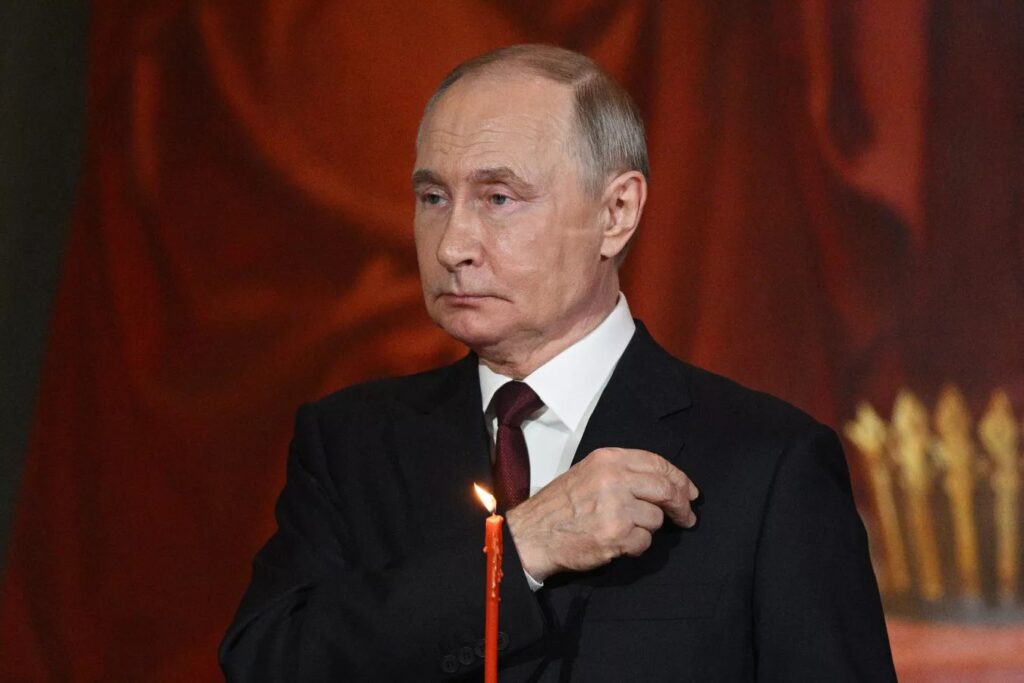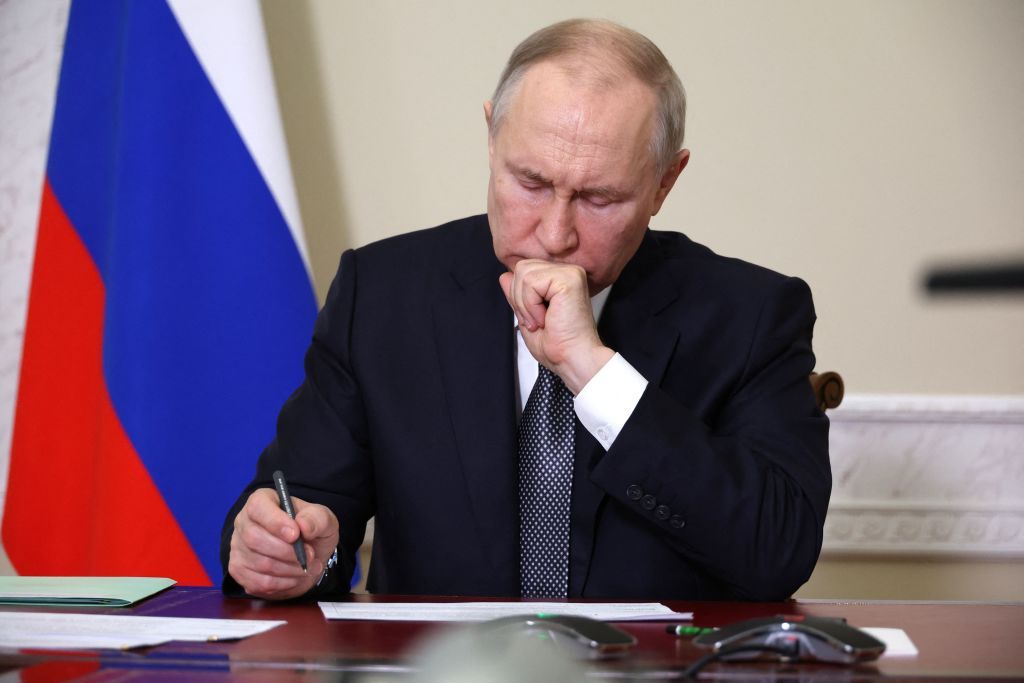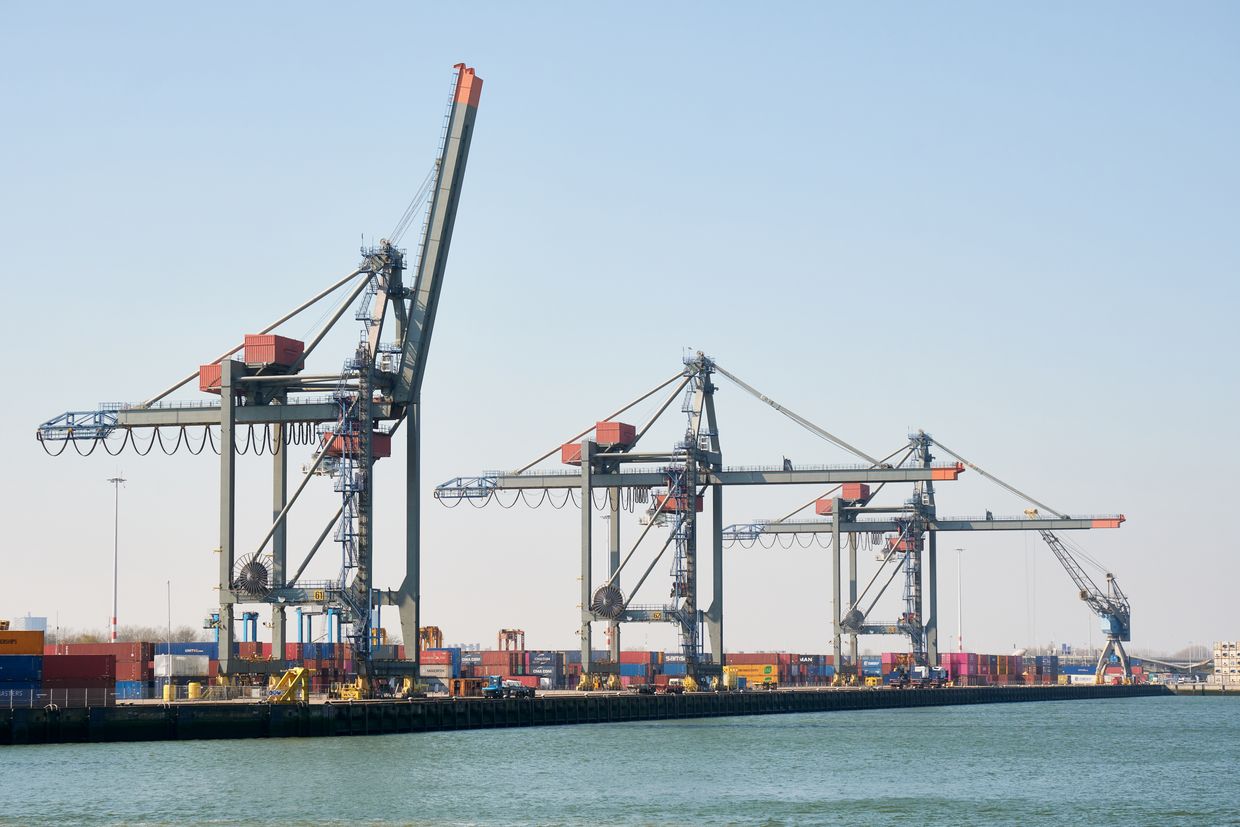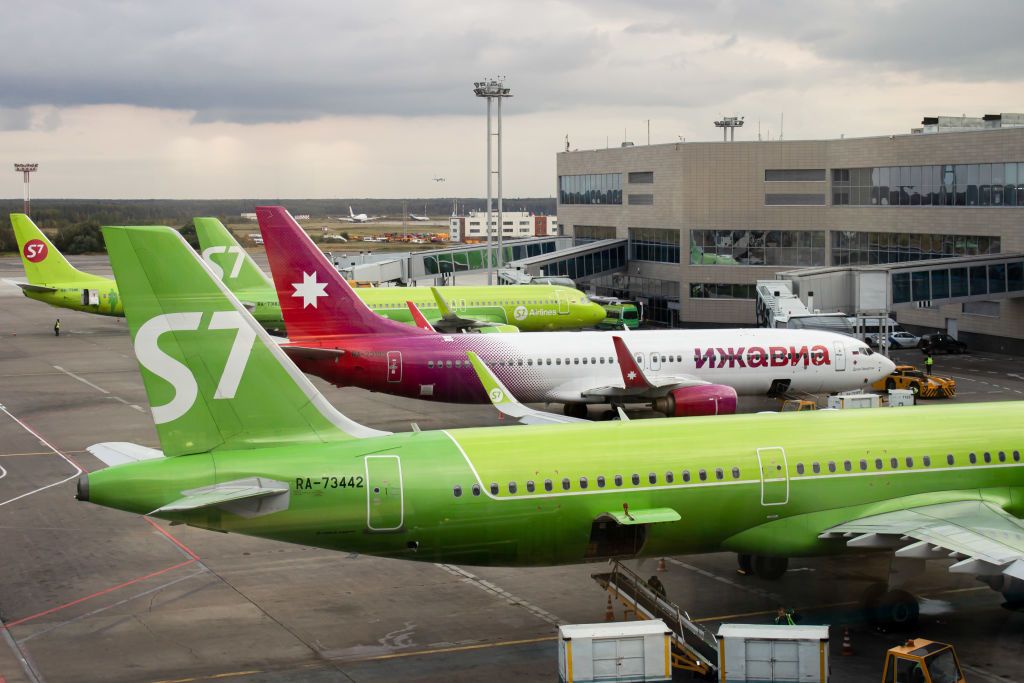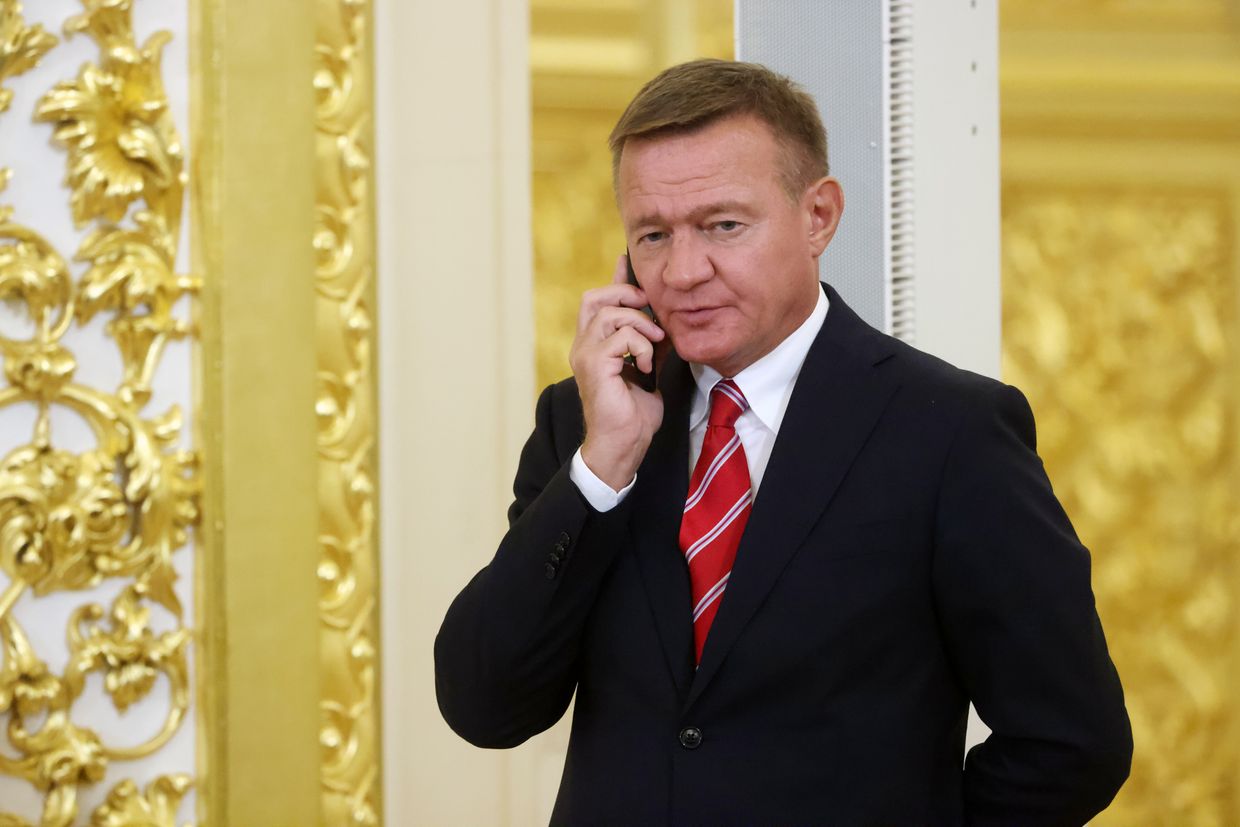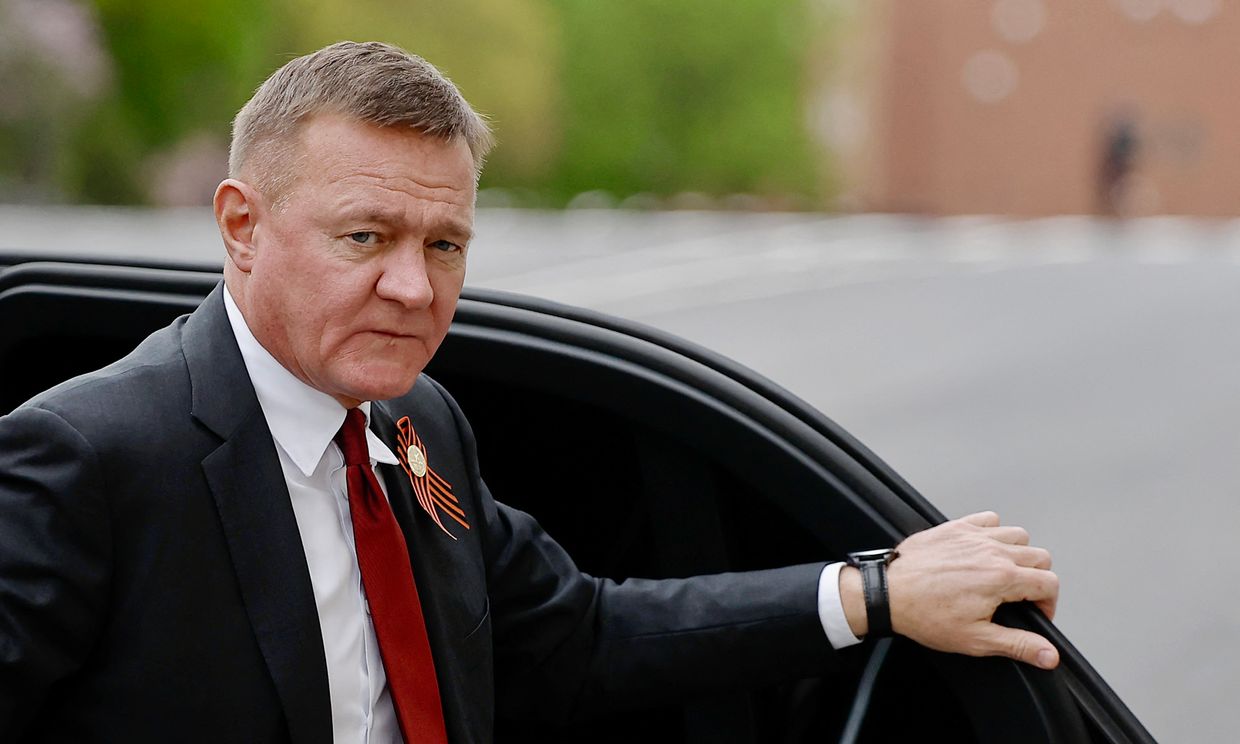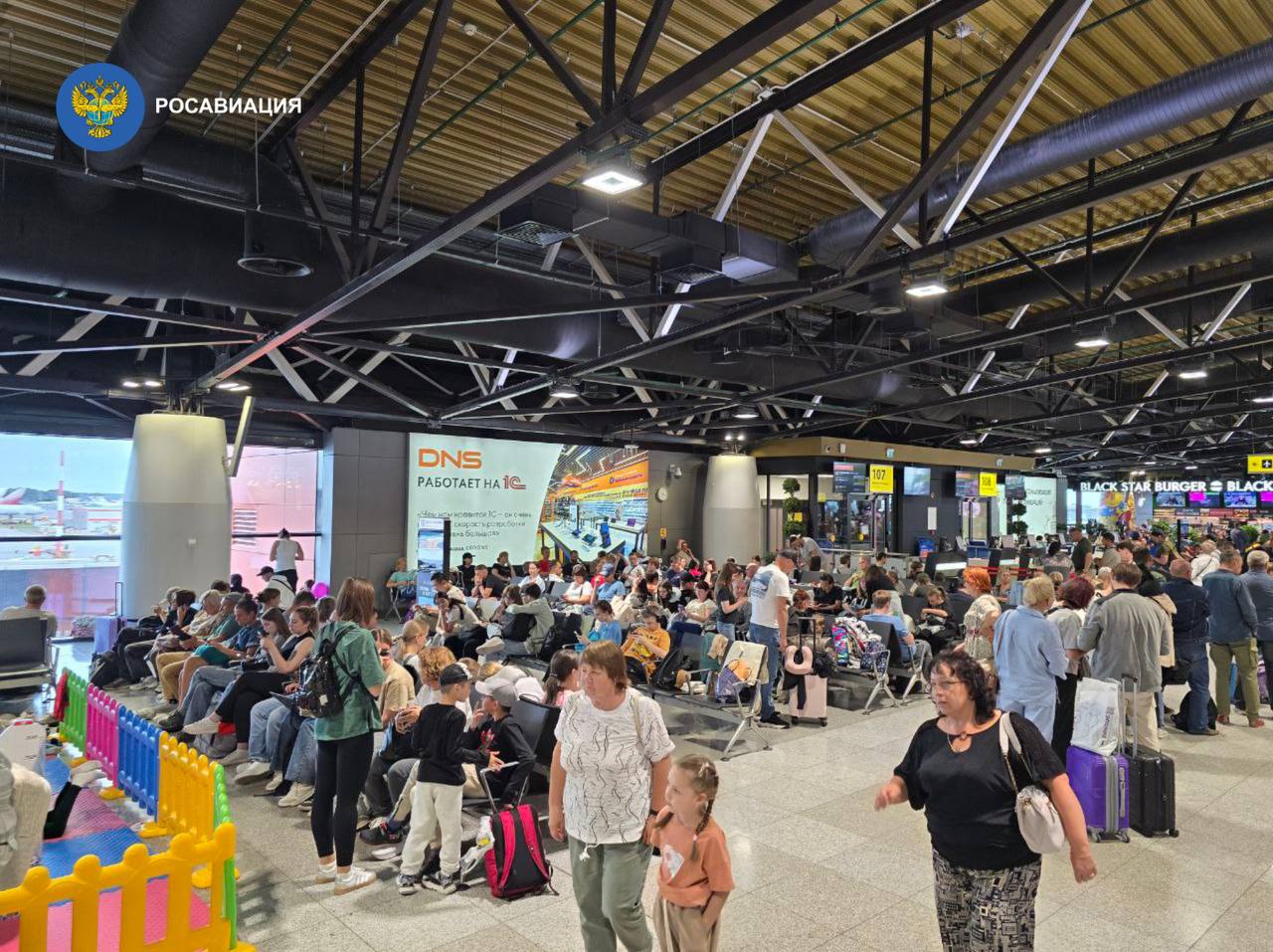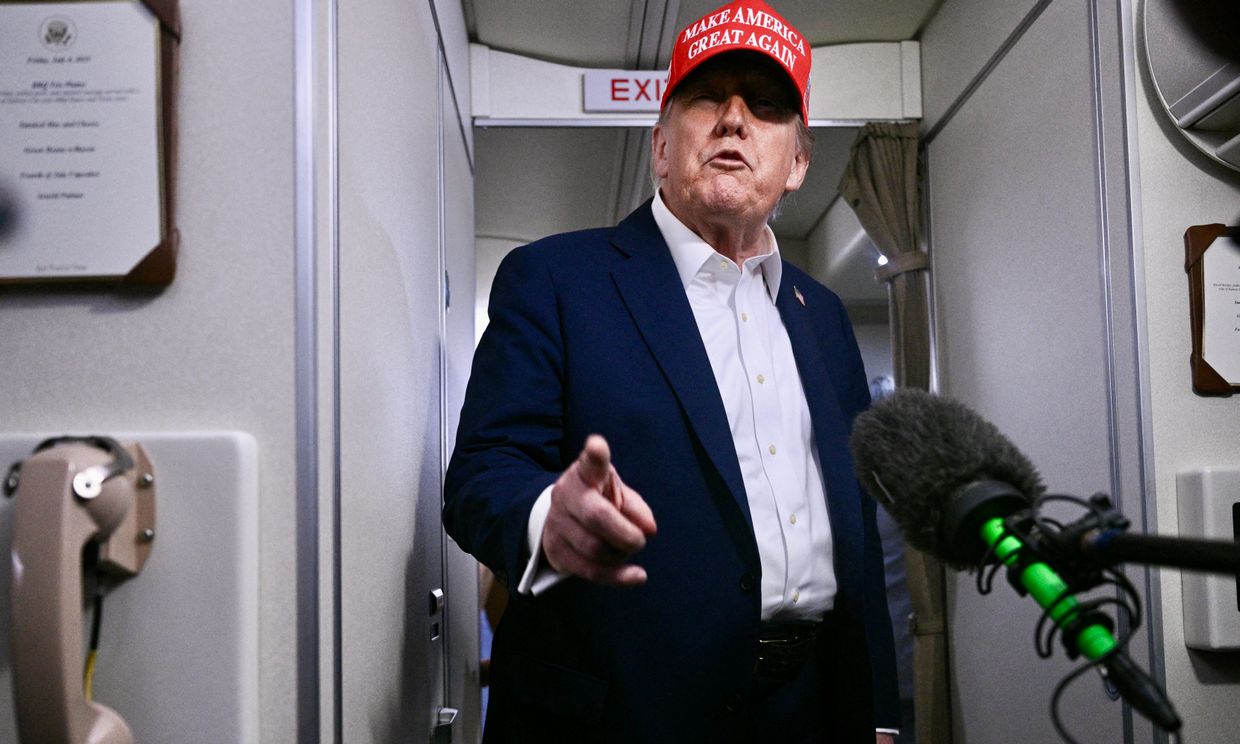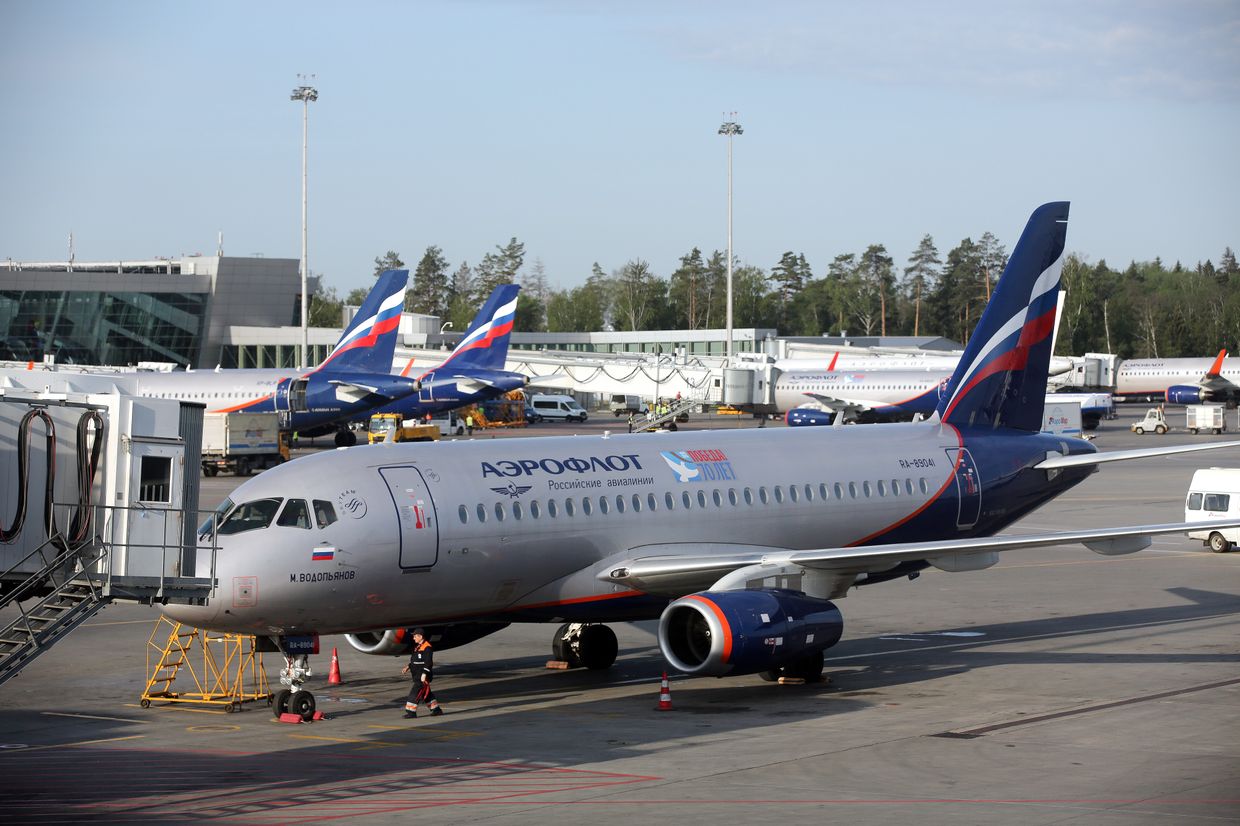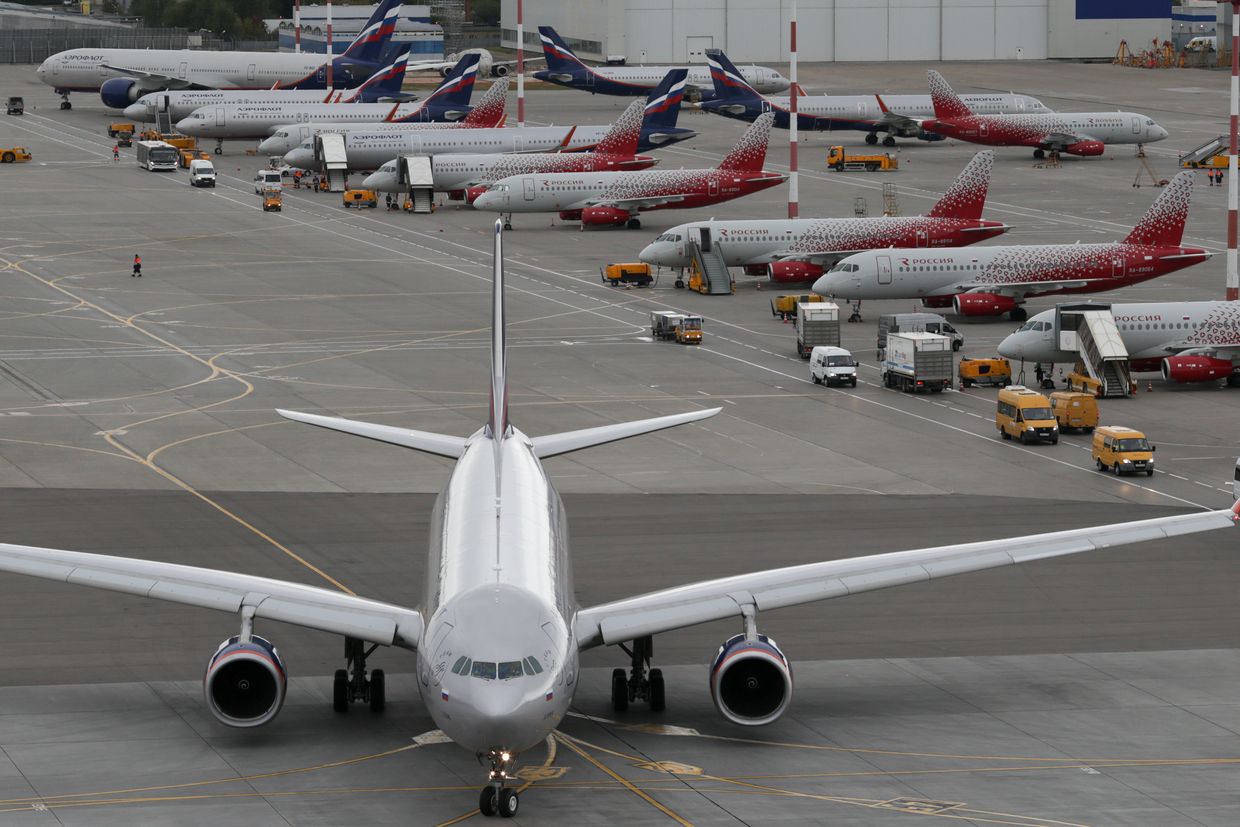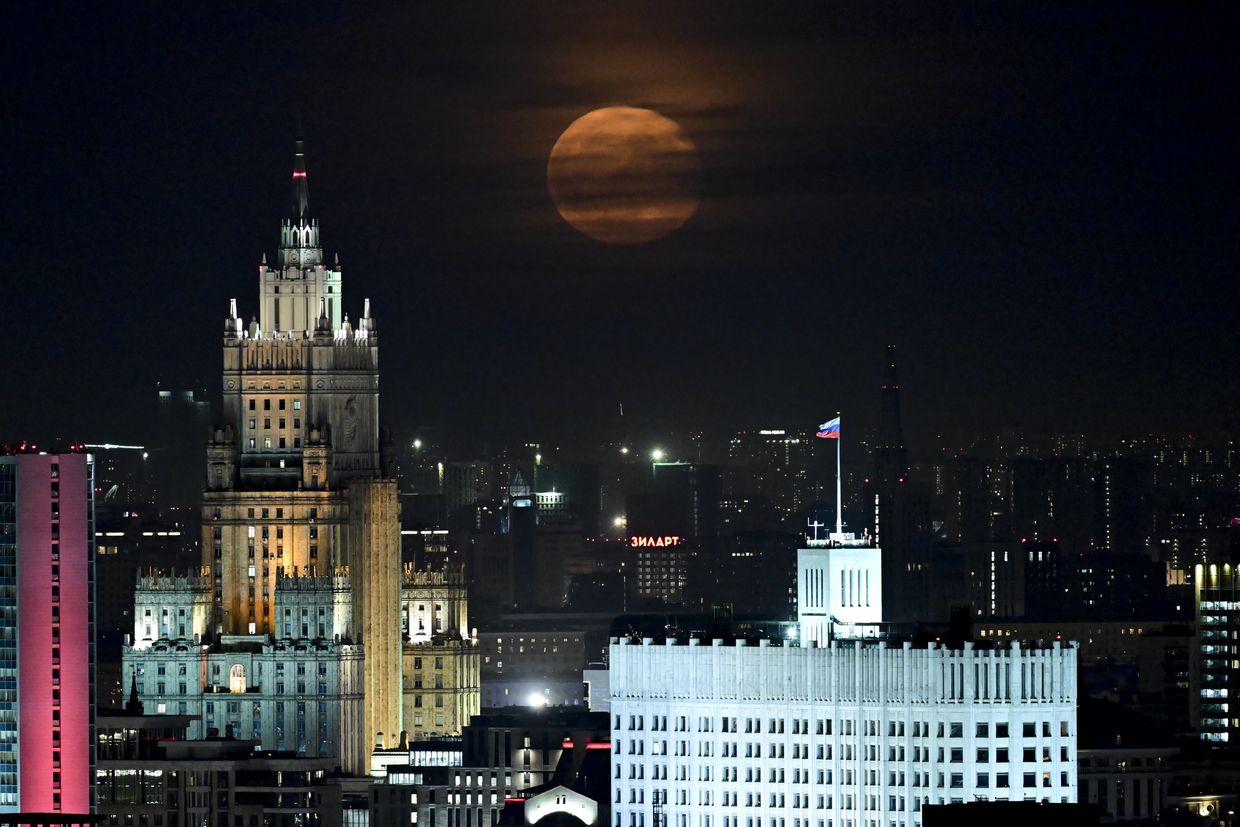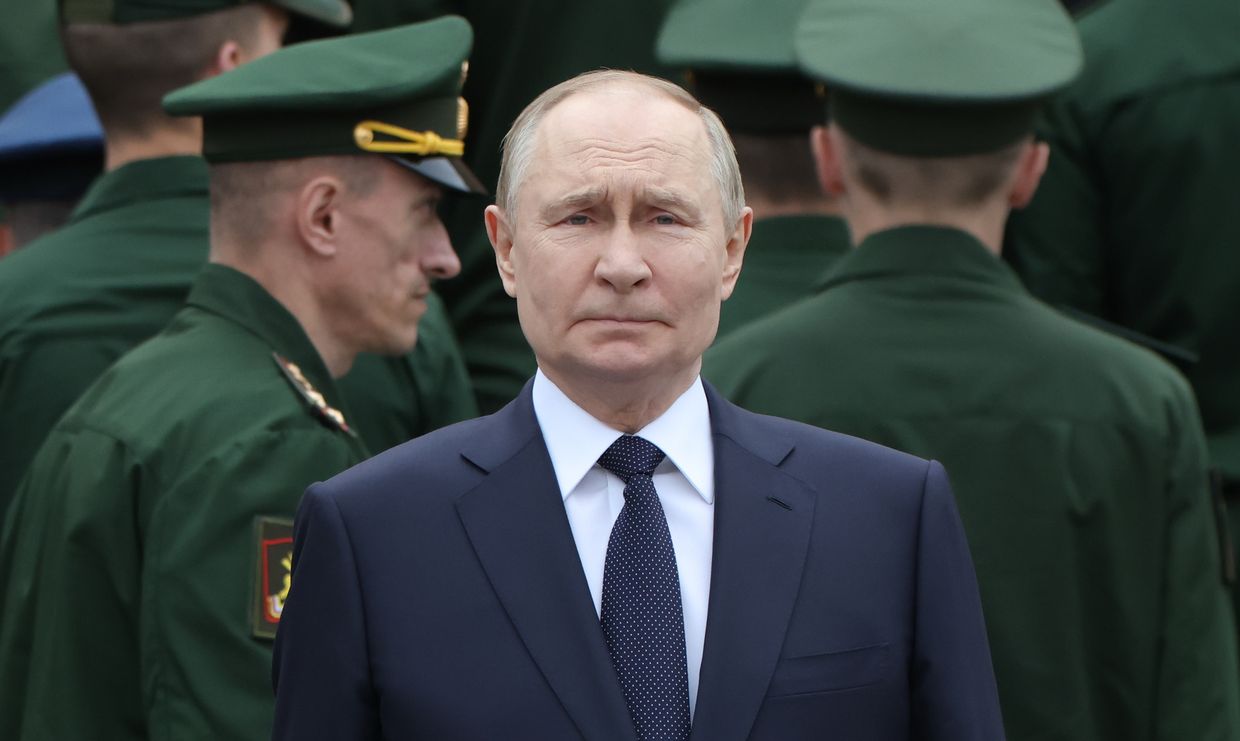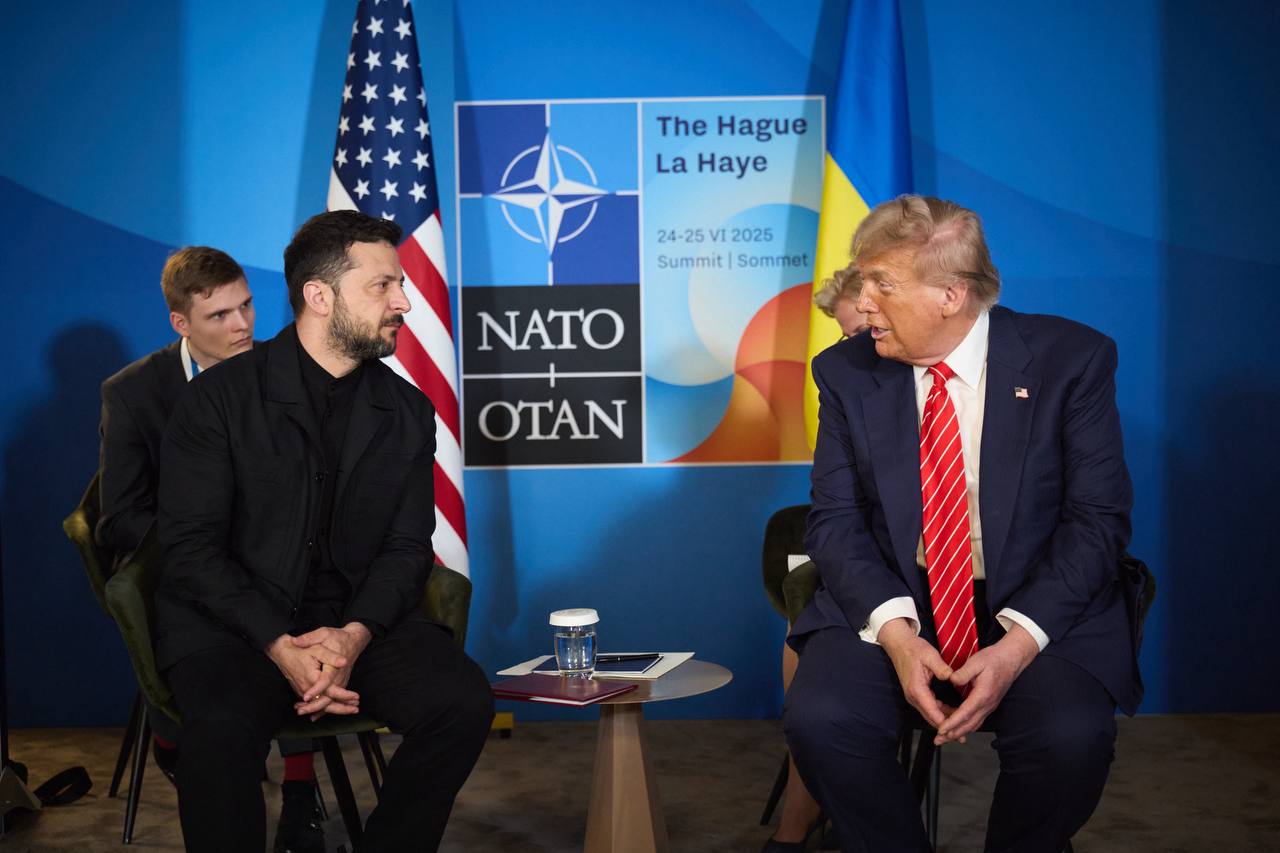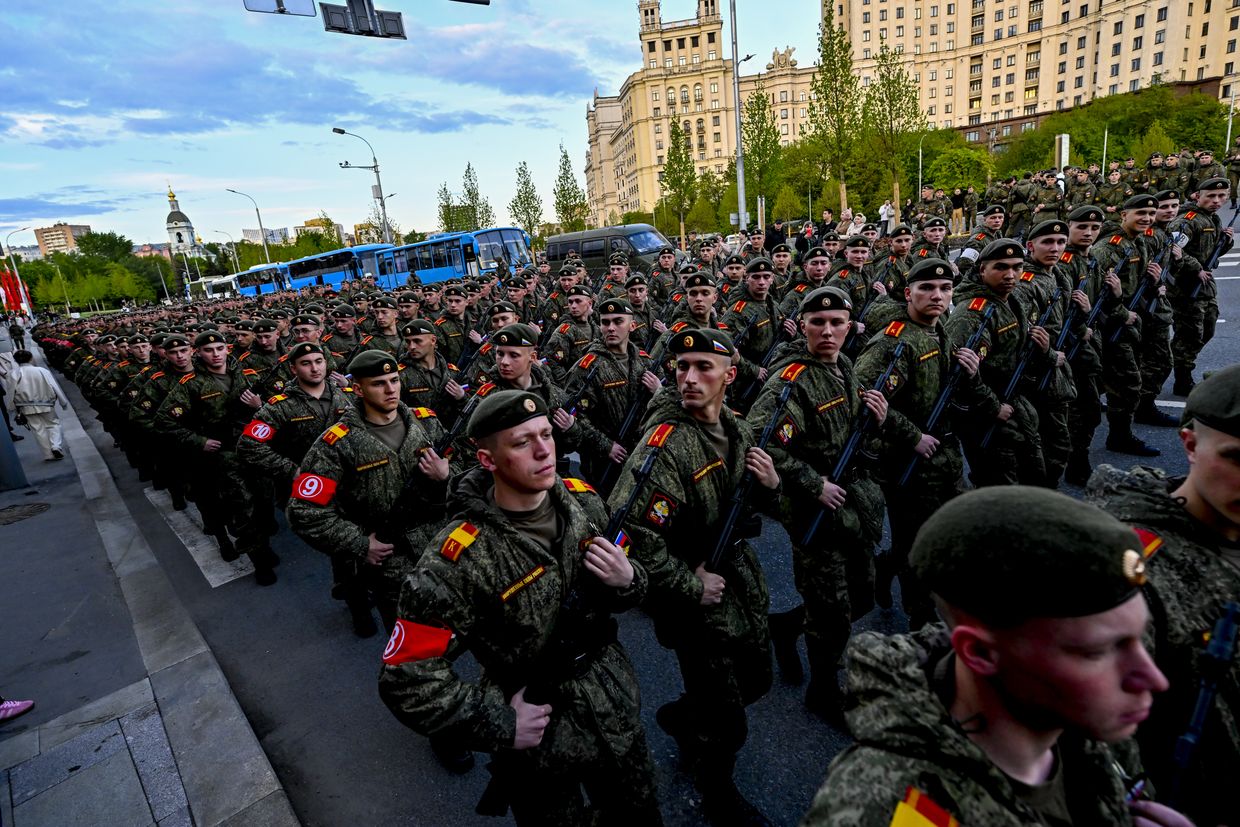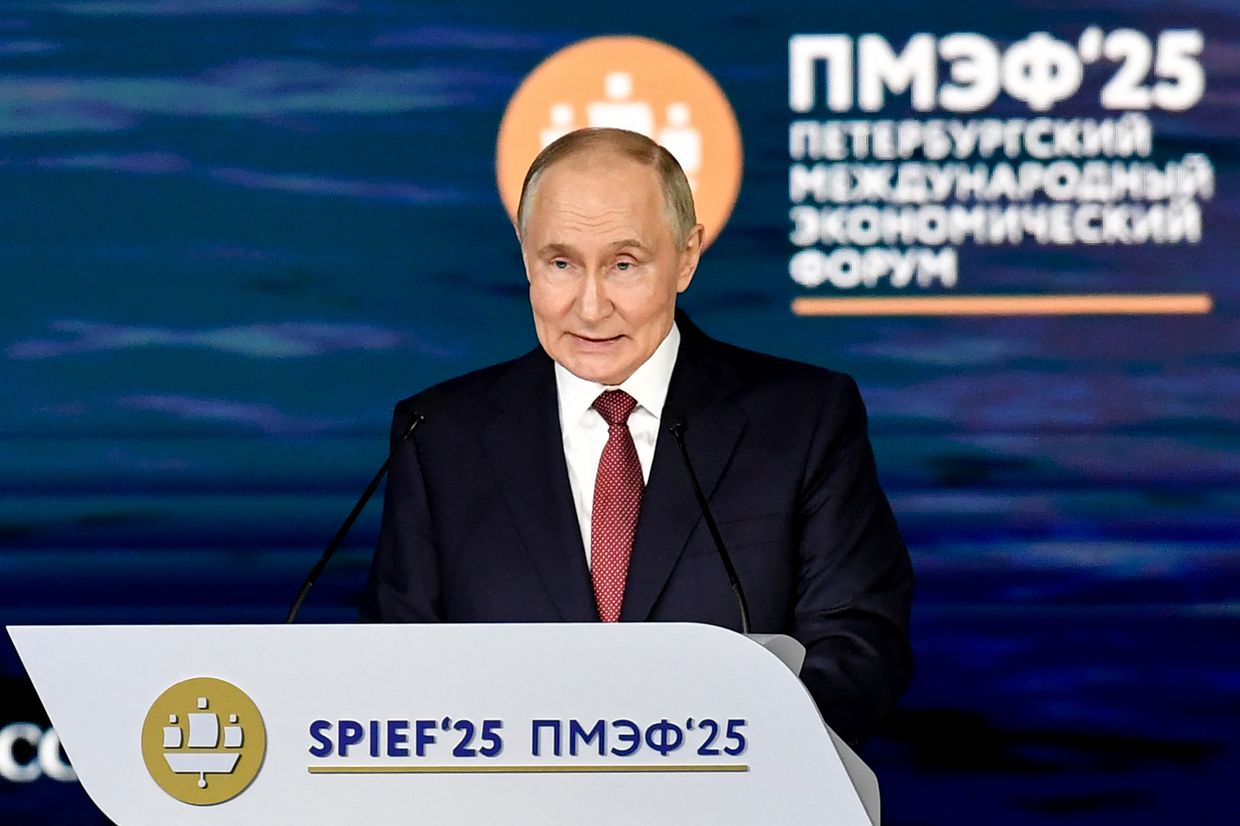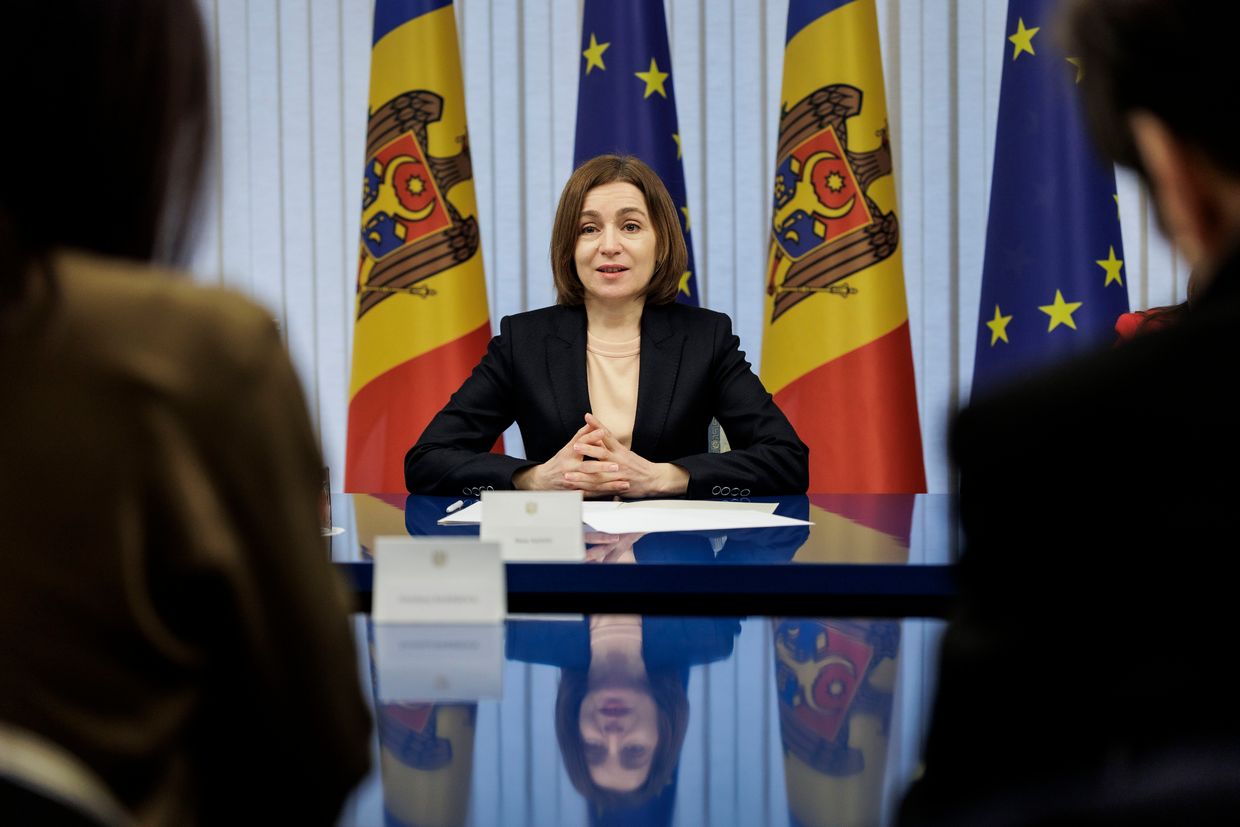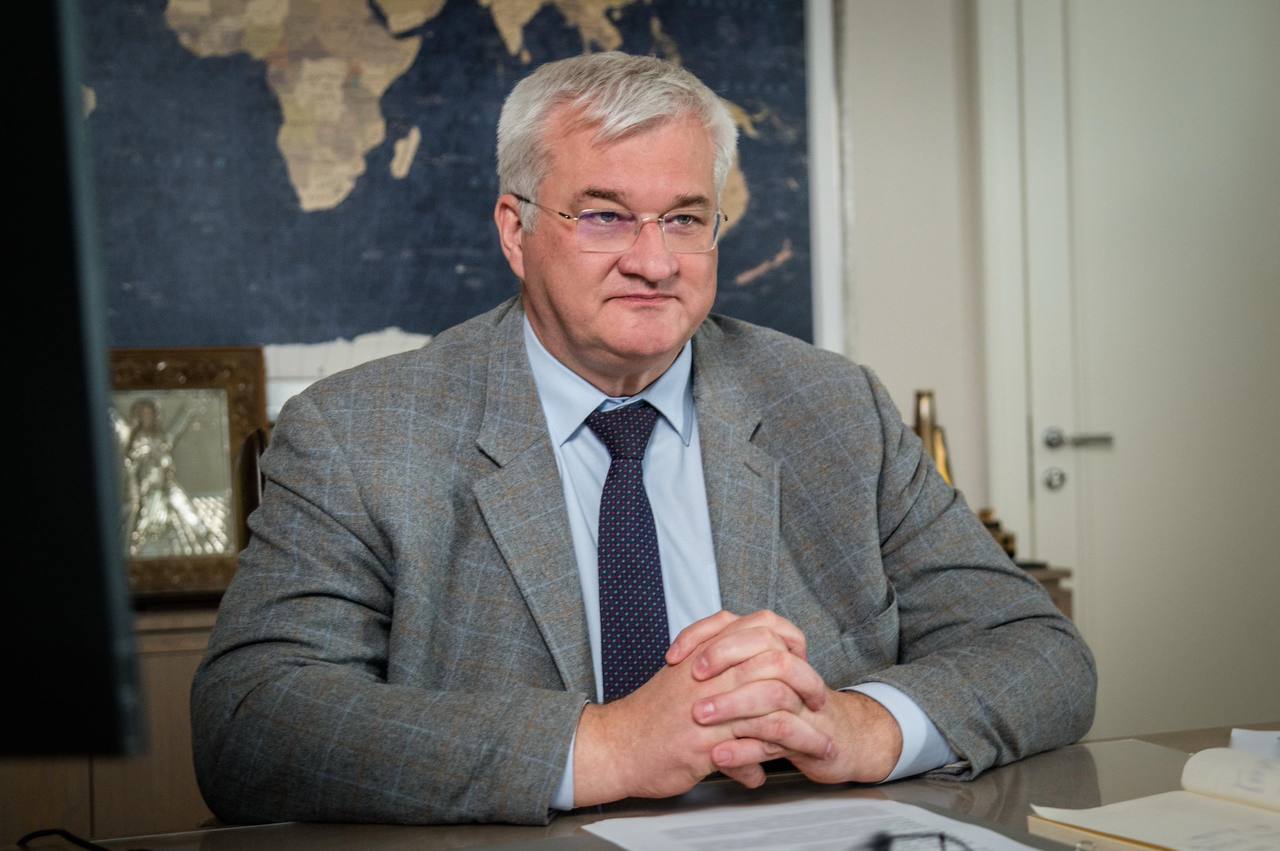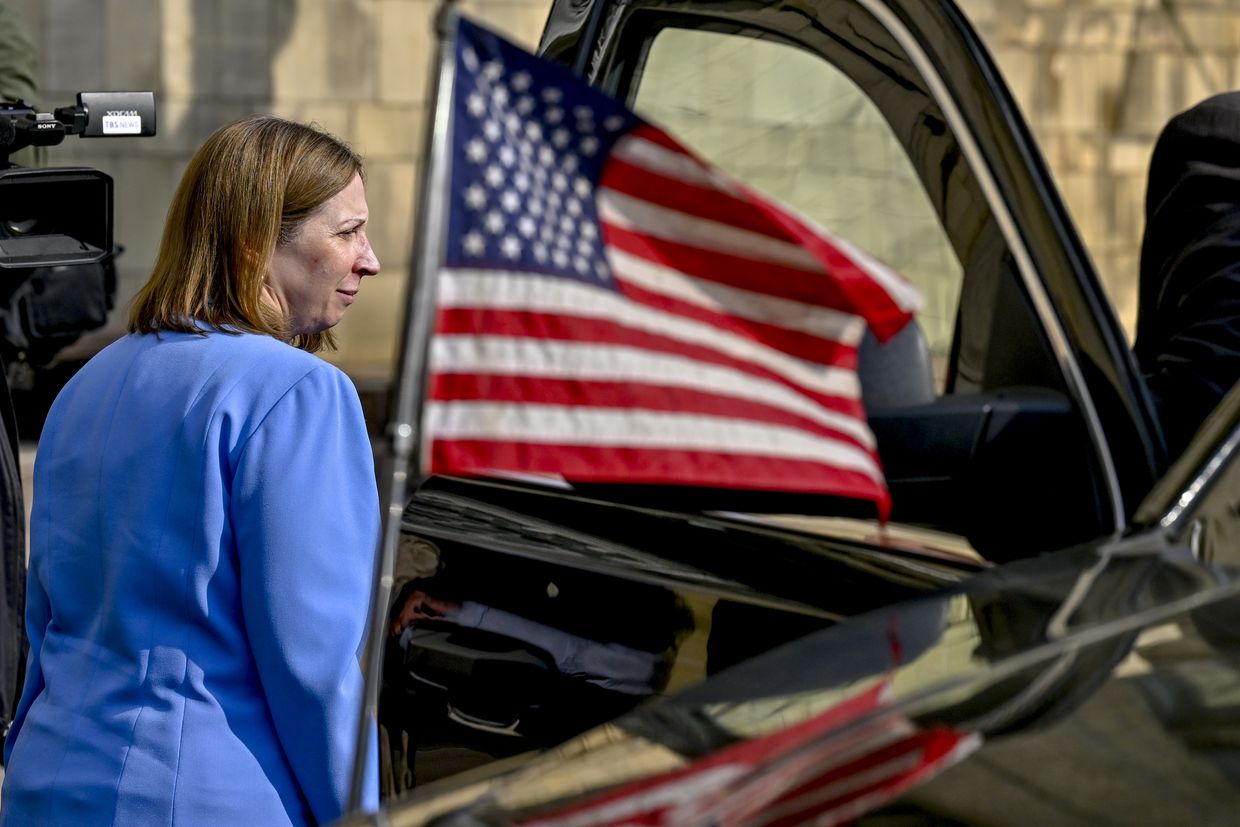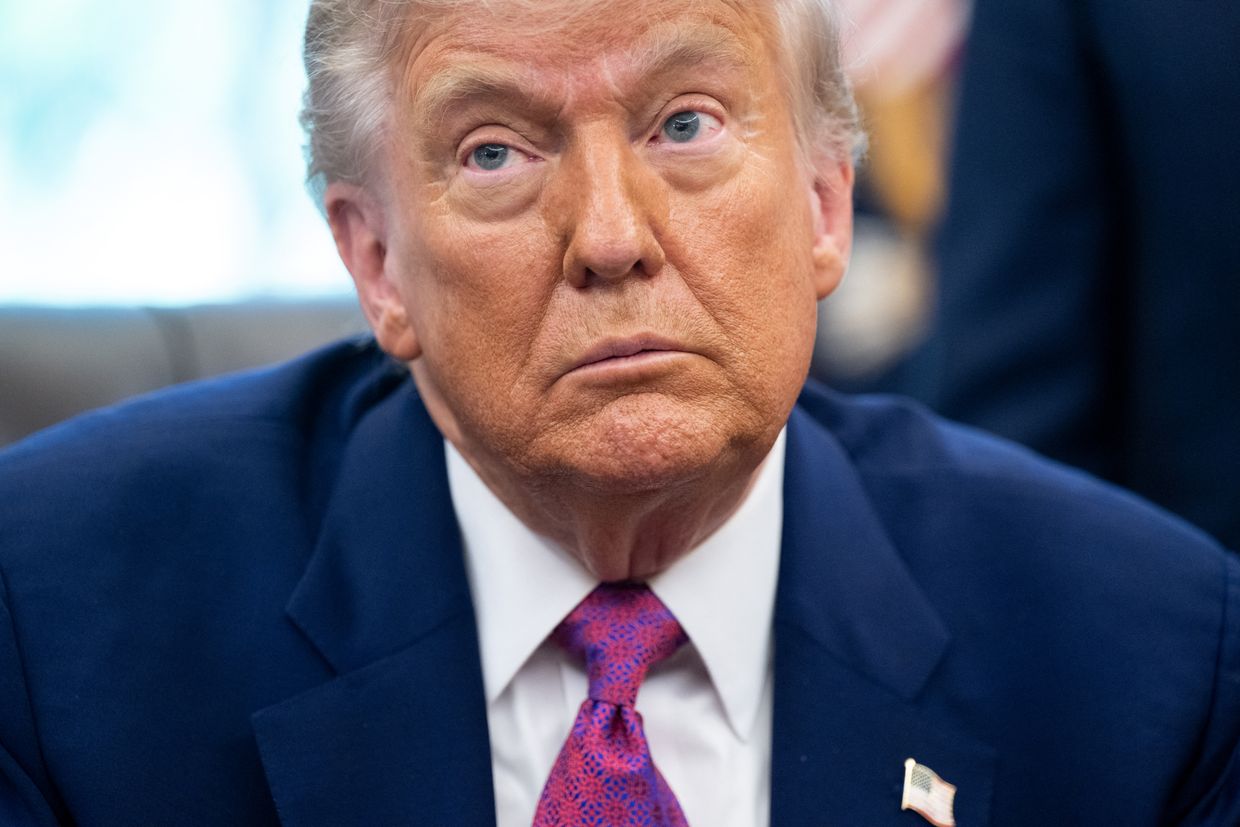Trump’s special envoy Witkoff to visit Moscow as 8 August ceasefire deadline looms
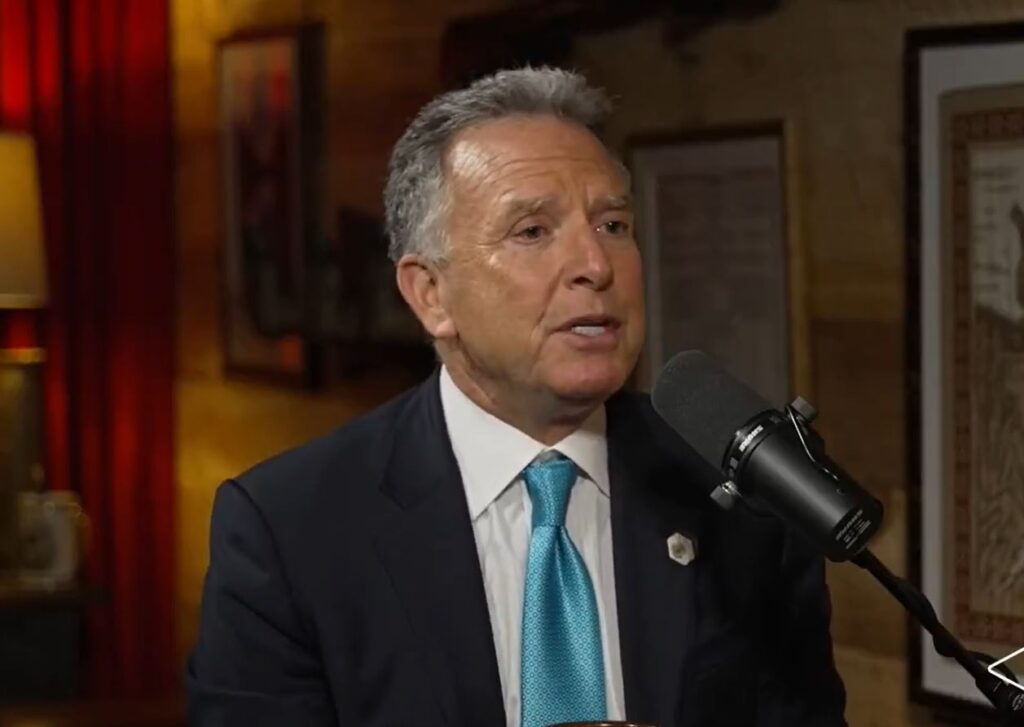
President Donald Trump announced that his Middle East special envoy Steve Witkoff will likely visit Russia on Wednesday or Thursday, according to remarks made to journalists in New Jersey reported by CBS News.
Trump told reporters that Witkoff may visit Russia “possibly on Wednesday or Thursday” (6-7 August). The president added that the Russians “asked for a meeting” with Witkoff.
When journalists asked what would happen on 8 August, if Russia does not agree to a ceasefire, Trump responded that “there will be sanctions.” However, he acknowledged Russia’s ability to circumvent economic restrictions.
“There’ll be sanctions, but they [the Russians] seem to be pretty good at avoiding sanctions,” Trump said. “They’re wily characters and they’re pretty good at avoiding sanctions, so we’ll see what happens.”
Trump reiterated his position that Russia’s war against Ukraine is claiming many lives. “It’s a terrible war,” he said, adding: “We stopped many wars… India and Pakistan, many countries. And we will stop this war too. Somehow we will stop it.”
The announcement follows Trump’s previous ultimatums to Moscow. On 14 July, he threatened to impose “tough tariffs” of “around 100%” on Russian goods if no agreement to end the war in Ukraine is reached within 50 days. On 31 July, he threatened Russian leader Vladimir Putin with sanctions if no agreements to end the war are reached by 8 August.
Russian Deputy Security Council Chairman Dmitry Medvedev responded to the shortened deadline by threatening the United States with war. Republican Senator Lindsey Graham subsequently advised Russia to contact countries that purchase Russian oil and gas, supporting Russia’s military machine, to determine whether they share the Kremlin’s dismissive position on sanctions.
